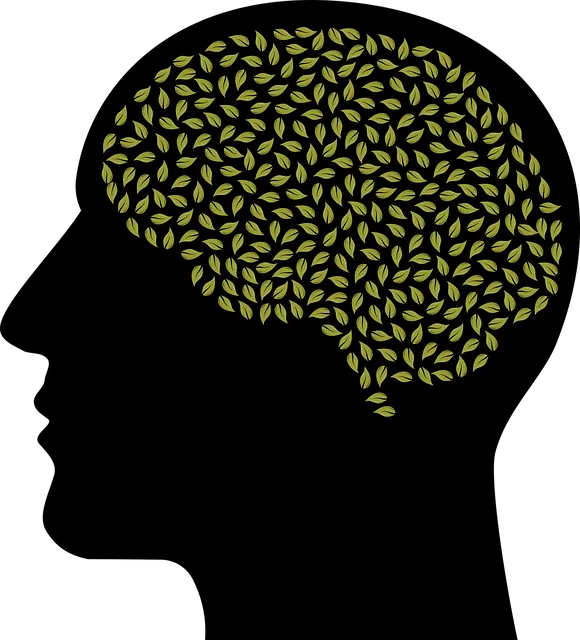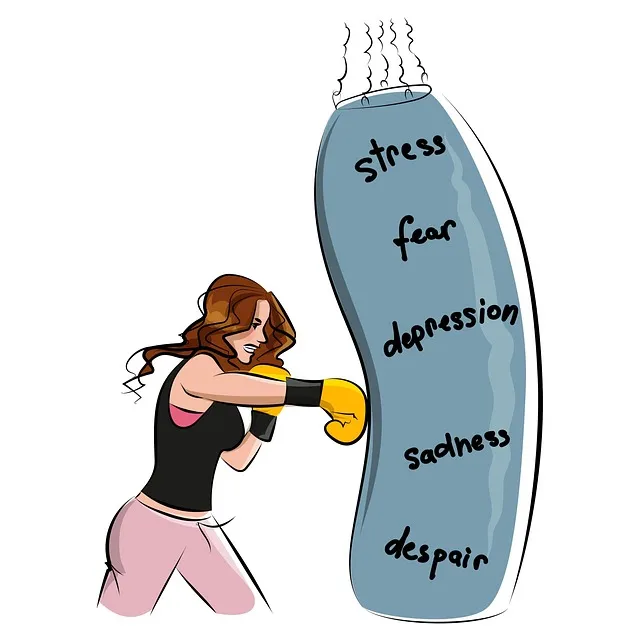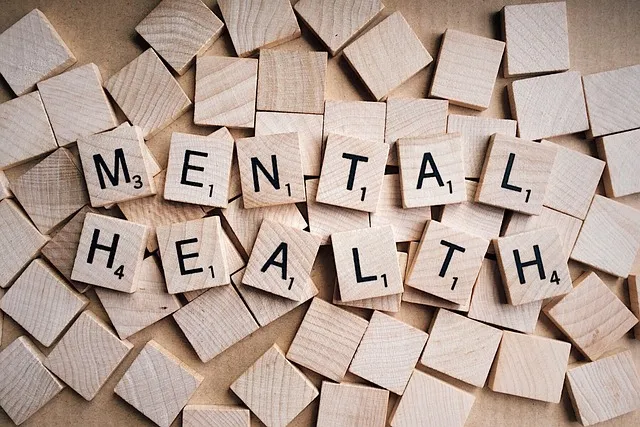Castle Rock and Kaiser offer holistic mental wellness programs that promote stress reduction, mood improvement, and resilience building through self-awareness exercises, positive thinking techniques, group therapy, and individual counseling. These initiatives empower individuals to effectively navigate life's challenges in a fast-paced world by fostering emotional balance and optimism. Evaluation methods combining qualitative and quantitative approaches help refine programs and ensure relevance. In Castle Rock, diverse resources like Kaiser's services, community support groups, health centers, and advocacy organizations collaborate to reduce stigma and increase awareness of available mental health resources, providing comprehensive care tailored to individual needs.
Evaluating mental wellness programs is crucial to understanding their impact and effectiveness. This article explores various methods to assess these initiatives, focusing on key components that define successful programs. We delve into strategies used by leaders like Castle Rock and Kaiser in delivering mental health services, offering insights into innovative practices.
By examining evaluation methods, we uncover how to measure program success and identify resources available for individuals seeking mental health support, including the Castle Rock and Kaiser models as actionable examples.
- Understanding Mental Wellness Programs: A Overview of Key Components
- Castle Rock and Kaiser's Approach to Mental Health Service Delivery
- Effective Evaluation Methods for Measuring Program Impact
- Accessing Mental Health Help: Resources and Support for Individuals Seeking Assistance
Understanding Mental Wellness Programs: A Overview of Key Components

Mental wellness programs are designed to promote overall well-being by addressing various aspects of an individual’s mental health. These programs often include a range of activities aimed at reducing stress, improving mood, and fostering resilience. Key components typically involve self-awareness exercises that encourage individuals to recognize their thoughts and emotions, as well as techniques for positive thinking to cultivate optimism and cope with challenges. At Castle Rock, Kaiser offers such programs to its members, providing accessible avenues for how to get mental health help.
Effective programs also incorporate activities tailored to specific needs, such as group therapy sessions that offer a supportive environment for sharing experiences, and individual counseling designed to address personal concerns. By combining these elements, mental wellness initiatives strive to enhance participants’ ability to manage anxiety relief, maintain emotional balance, and cultivate a more positive outlook on life—all crucial aspects of thriving in today’s fast-paced world.
Castle Rock and Kaiser's Approach to Mental Health Service Delivery

Castle Rock and Kaiser are notable organizations that exemplify innovative approaches to mental health service delivery. Castle Rock, a non-profit organization, focuses on providing holistic support for individuals dealing with mental health challenges. Their approach emphasizes the importance of emotional intelligence and self-awareness exercises as integral components of their programs. By fostering these skills, Castle Rock equips individuals with the tools to manage stress, improve relationships, and enhance overall well-being.
On the other hand, Kaiser, a renowned healthcare provider, implements a comprehensive community outreach program. This strategy ensures that mental health services are accessible to diverse communities. Through partnerships with local organizations and targeted campaigns, Kaiser reaches out to underserved populations, breaking down barriers to getting mental health help. Their approach prioritizes community engagement and cultural sensitivity to address the unique mental health needs of different demographics.
Effective Evaluation Methods for Measuring Program Impact

Evaluating the impact of mental wellness programs is paramount to understanding their effectiveness and ensuring they meet the needs of participants, such as those seeking help through Kaiser or Castle Rock resources. A multifaceted approach to evaluation is ideal, encompassing both qualitative and quantitative methods. This blend allows for a comprehensive view, capturing not just statistical changes but also the lived experiences and subjective improvements of individuals engaged in these programs.
One effective method involves assessing Self-Care Practices and Resilience Building before and after program participation. Surveys, interviews, and self-reported journals can gauge participants’ mental wellness, stress management techniques, and overall coping abilities. By comparing these metrics, evaluators can measure the direct impact of the program on Mental Wellness, identifying specific aspects that resonate most with participants. This data is invaluable for refining programs and ensuring they remain relevant and impactful in supporting individuals in their journey towards better mental health.
Accessing Mental Health Help: Resources and Support for Individuals Seeking Assistance

Accessing mental health help is a crucial step towards improving one’s well-being, and in Castle Rock, individuals have various resources at their disposal. Kaiser, for instance, offers comprehensive mental health services tailored to diverse needs. Their programs focus on building empathy between patients and healthcare providers, which is an essential strategy for managing conditions like anxiety and fostering better mental health outcomes.
Beyond these professional services, the community plays a vital role in supporting individuals seeking help. Local support groups, community health centers, and mental health advocacy organizations provide additional layers of assistance. The Mental Health Policy Analysis and Advocacy group, for example, works to ensure that everyone has access to quality care, promoting strategies that reduce stigma and increase awareness about available resources, such as those offered by Kaiser in Castle Rock.
Evaluating mental wellness programs is crucial, especially with organizations like Castle Rock and Kaiser leading the way in innovative service delivery models. By understanding key components and adopting effective evaluation methods, as highlighted in this article, we can assess the impact of these programs accurately. For individuals seeking mental health support, resources like those offered by Castle Rock and Kaiser, coupled with the right tools to navigate help, such as those mentioned for accessing mental health assistance, can foster significant positive changes.






